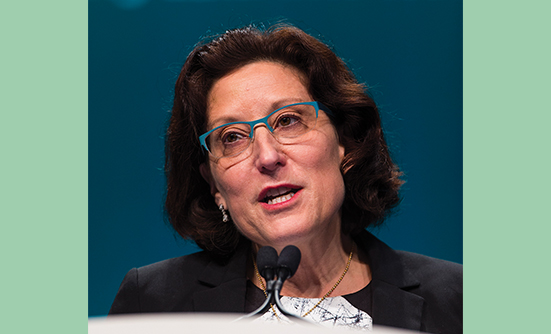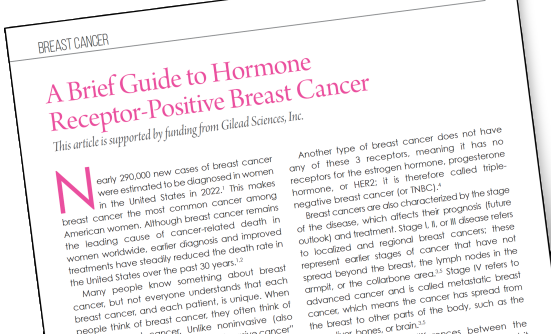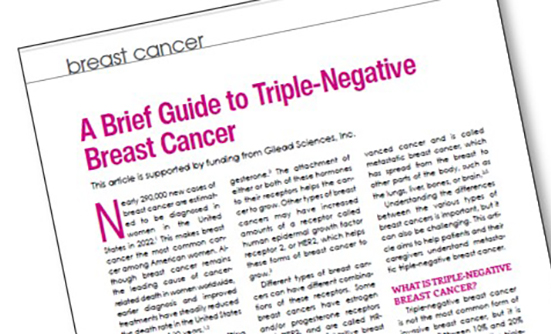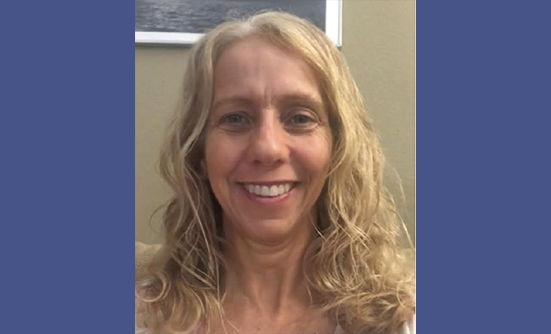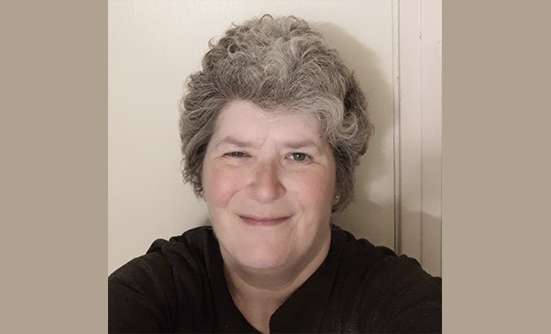Induction treatment with endocrine and targeted therapies has significantly improved survival for patients with hormone receptor (HR)-positive advanced breast cancer, but over time almost all patients stop responding to therapy.
According to data presented at the 2020 ASCO annual meeting, however, a new treatment option has demonstrated impressive disease control as a second-line treatment after disease progression while receiving endocrine and targeted therapy.
These results come from BYLieve, a phase 2 clinical trial, which showed meaningful efficacy with the combination of Piqray (alpelisib) and Faslodex (fulvestrant) in patients with HR-positive, HER2-negative advanced breast cancer and PIK3CA mutation after they received a CDK4/CDK6 inhibitor and an aromatase inhibitor.
According to the study investigators, the average time without disease progression was 7.3 months and the side effects of treatment were manageable. A previous phase 3 clinical trial, the SOLAR-1, also showed good results with these drugs in patients with this type of breast cancer.
“Considering data from the phase 3 SOLAR-1 study, and analysis of real-world evidence, these results support the use of alpelisib and fulvestrant for HR-positive advanced breast cancer in the post–CDK4/6 inhibitor setting and confirm findings that were observed in SOLAR-1,” said Hope S. Rugo, MD, FASCO, Director, Breast Oncology and Clinical Trials Education, University of California San Francisco Helen Diller Family Comprehensive Cancer Center.
According to Dr. Rugo, changes in the PIK3CA gene, one of the most common gene mutations in patients with breast cancer, contribute to resistance to endocrine therapy and lead to reduced overall survival in patients with breast cancer.
Approximately 40% of patients with HR-positive, HER2-negative advanced disease have a mutation of this gene in their tumor, she said.
Alpelisib is a PI3K inhibitor that is up to 50 times more potent than other anti-PI3K drugs. In the phase 3 SOLAR-1 clinical trial of patients with HR-positive advanced breast cancer and PIK3CA mutation whose disease progressed after aromatase inhibitor therapy, the combination of alpelisib and fulvestrant nearly doubled the time without disease progression from 5.7 months among patients who received placebo to 11 months in patients who received alpelisib plus fulvestrant.
However, because of the timing of the study, only 20 patients who were enrolled in SOLAR-1 had disease progression after receiving a CDK inhibitor. Thus, said Dr. Rugo, more clinical data were needed to inform the treatment decisions for patients with HR-positive advanced breast cancer and PIK3CA mutation.
The BYLieve Study
Men and women of any menopausal status with HR-positive advanced breast cancer and PIK3CA mutation were eligible for this open-label, phase 2 BYLieve study. Patients were divided into treatment groups based on the last treatment they previously received. A total of 127 patients had received a CDK inhibitor and an aromatase inhibitor immediately before the combination of alpelisib and fulvestrant.
“The results of the study showed that 50.4% of patients in this cohort were alive and free of progression at 6 months, meeting the primary end point, and the average progression-free survival was 7.3 months,” Dr. Rugo said. “In comparison, the estimated progression-free survival at 6 months was 44.4% in the SOLAR-1 study for patients who received prior treatment with a CDK4/6 inhibitor.”
Manageable Side Effects
The side effects were manageable with the combination therapy, Dr. Rugo said. In the BYLieve study, 26% of patients had a serious side effect. More than half (65%) of the patients had their dose reduced or their treatment interrupted to manage their side effects, and about 20% of the patients discontinued treatment with the combination of alpelisib and fulvestrant because of an adverse event.
“In general, the adverse events observed here are consistent with previous studies of alpelisib,” Dr. Rugo advised, noting that the most common side effects were diarrhea and hyperglycemia (increased blood sugar level).
Although hyperglycemia was the most common serious side effect, only 1.6% of patients discontinued treatment because of hyperglycemia in the BYLieve study compared with 6.3% of patients in the SOLAR-1 study.
Dr. Rugo also noted a decrease in the incidence and severity of rash among patients who received antihistamines as a prevention.
“The safety profile observed in BYLieve suggests that adverse-event management strategies are effective, and the implementation of management strategies and education are critical to help patients maintain therapy,” Dr. Rugo concluded.
Key Points
- In a study of alpelisib plus fulvestrant in patients with advanced breast cancer and PIK3CA mutation, 50.4% of patients were alive and free of disease progression at 6 months
- In another study, alpelisib plus fulvestrant increased the time without disease progression to 11 months compared with 5.7 months with placebo
- The side effects with the drug combination were manageable





